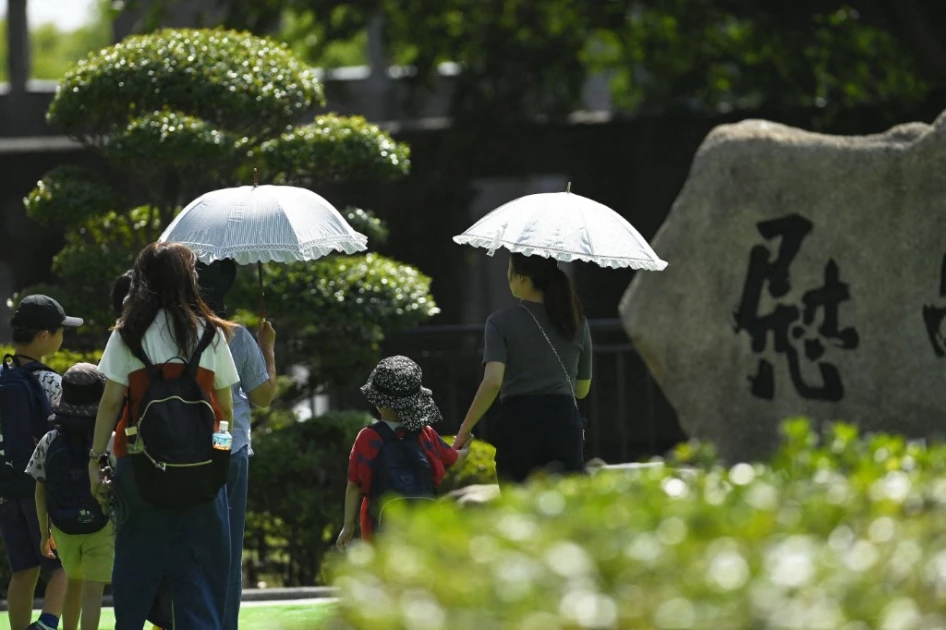Japan’s population of citizens dropped by a record-breaking 908,574 people in 2024, according to new government data, marking the largest annual decline since records began in 1968.
This brings the number of Japanese nationals to 120.65 million, a 0.75% decrease from the previous year. While Japan’s total population including foreign residents now stands at just over 124.3 million, the sharp fall in Japanese citizens is raising alarm both socially and economically.
Japan has been struggling with low birth rates for decades. In 2024, only 686,061 babies were born the lowest figure since records began in 1899, and over 41,000 fewer than in 2023.
The country is also experiencing rapid aging, with nearly 30% of its citizens now over 65 years old, while those aged 15–64 make up about 60% of the population.
Prime Minister Shigeru Ishiba has described the crisis as a “quiet emergency”, promising new family support policies, including free day care and more flexible working hours, to encourage families to have more children.
Despite the drop in citizens, the number of foreigners living in Japan hit a record 3.67 million by January 1, 2025 the highest since such records began in 2013.
These residents now make up nearly 3% of Japan’s population and are playing a vital role in filling labor gaps, especially in manufacturing, hospitality, and retail.
However, the rising number of immigrants has also triggered political tensions, with the emergence of a new anti-immigrant opposition party that falsely claims foreigners receive more benefits than Japanese nationals.
The shrinking population is having visible effects across the country particularly in rural areas, where the number of abandoned homes has surged to nearly 4 million over the past two decades.
Many of these homes are inherited by city dwellers who cannot afford to maintain them or choose not to.
Japan has the second-oldest population in the world after Monaco, according to the World Bank. The death of the world’s oldest woman, Tomiko Itooka, at age 116 in December 2024, highlighted Japan’s exceptional longevity especially among women.
But this aging trend is creating heavy pressure on the nation’s healthcare and social welfare systems, with fewer working-age people to support the growing number of elderly citizens.
Without a major demographic shift or a stronger immigration policy, experts warn that Japan may continue to see fewer births, labor shortages, and economic strain.
The government is expected to intensify efforts to reverse the trend, but time is running out to stop the country’s population from shrinking further.



